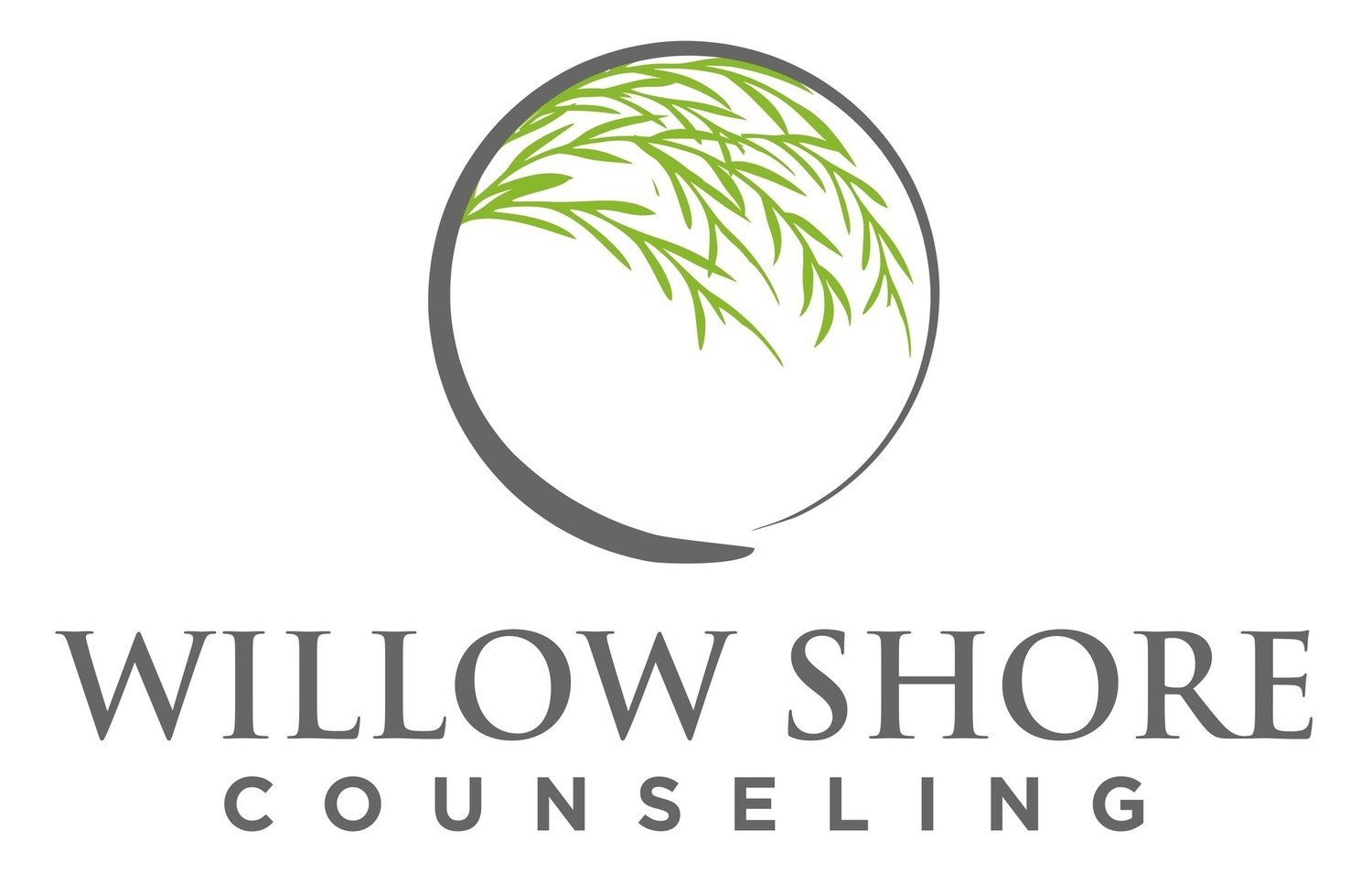How to Communicate with a Partner Who Has ADHD
Living with ADHD can often be viewed as a challenge, but tapping into some of your strengths because of it, can be rewarding. Having ADHD influences how you process information around you, how you manage your emotions, and how you interact with your world. A neurodivergent brain can make communicating harder and can easily lead to misunderstandings. If you’re in a relationship with someone with ADHD, you may have felt frustrated with their disorganization, forgetfulness or impulsiveness, and feel like you’re going in circles when you try to express some of these issues.
When communication is impacted, a relationship automatically has more obstacles to overcome. With the right tools at your disposal, you and your partner can build a stronger bond and foster more compassionate communication.
Learn about ADHD
Most people have opinions and feelings about what ADHD is. While many people are correct in their assumptions, it's often just the tip of the iceberg and there is so much more underneath.
One of the best things you can do is to learn more about ADHD to gain a deeper understanding of how it affects behavior, communication, and emotional processing. There are helpful podcasts or books that explain how your partner’s brain works differently from yours.
Recognize that distractibility, impulsivity, flightiness, and forgetfulness are not flaws in your partner’s character, nor is it about their lack of caring for you! They’re symptoms of ADHD.
Communicate Clearly and Directly
Communication can be impacted by ADHD, making normal conversation and dialogue difficult. Avoid using vague language when speaking with your partner. They may not always be able to read between the lines, easily paving the way for misunderstandings.
Be direct about your needs and wants. Be specific in your requests or statements. If you’re intending to have a conversation about an important topic, use focused statements. Keep your thoughts short and to the point.
Practice Active Listening
When having conversations with your partner, especially those that require them to remember something you’ve said, it’s not uncommon for those details to become forgotten. Another thing you can do is encourage your partner to engage in active listening.
Ask them to repeat back the information they’ve heard to ensure they not only understood but were listening. If they get off-topic or miss information, be patient. Offer them simple guidance to return to the conversation, repeating any necessary information.
Be Selective on Timing
With ADHD, distractions are a normal part of everyday life. When intending to have an important conversation with your partner, make sure you’re choosing the most opportune time.
Avoid having serious conversations when they are feeling overwhelmed, trying to juggle tasks, or when you notice that they’re distracted with something else. Timing is going to be key for effective communication. If you know there’s something you want to discuss, try scheduling a designated time when the focus can be on your subject matter.
Incorporate Visual Reminders
Verbal communication may be considered normal, but with ADHD, it isn’t always the most effective. The ADHD brain is already overstimulated and trying to manage information intake and behavioral output.
Another helpful way to ensure your information isn't getting lost in the process is to use visual or written aids. This comes in handy when you have appointments, to-do lists, or social events. Write down notes or utilize visual cues for reminders. Encourage the use of a planner or a shared calendar to keep details organized.
Use “I” Statements
When challenges arise, it can be easy to point the finger at your partner for communication gaps. It’s important that you avoid placing blame in these moments of frustration.
Use “I” statements to express your feelings instead of “you” statements. This can often reduce defensiveness and shame, leading to more productive outcomes.
Encourage Professional Support
If your partner struggles with focus, emotional regulation, or follow-through, consider encouraging them to explore ADHD therapy. Working with a specialist can help them better understand their symptoms and develop strategies that support daily life and relationships. Remember, as their partner, it is not your job to help them manage their ADHD. These tips are to help you feel more empowered to communicate with them in ways that are more effective for their brain.
Therapy isn’t about “fixing” them—it’s about giving them tools to thrive. A compassionate suggestion to seek support can make a lasting difference. You may also find couples therapy with a counselor well-versed in ADHD useful in helping you both learn how to communicate more effectively and understand one another more deeply. Contact us today to get started!

